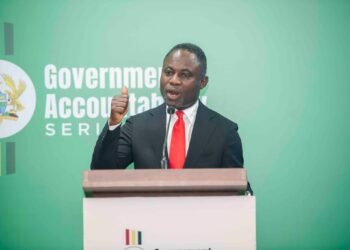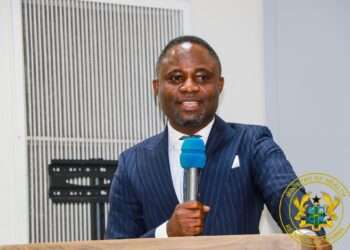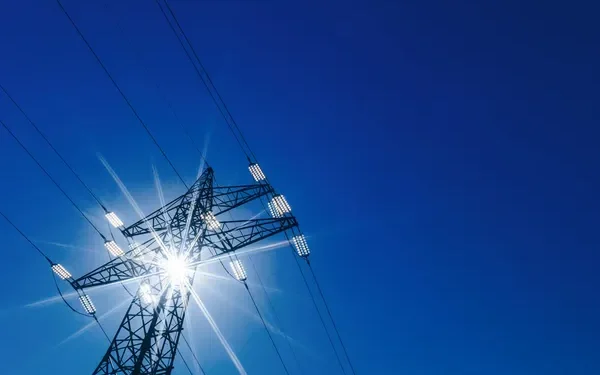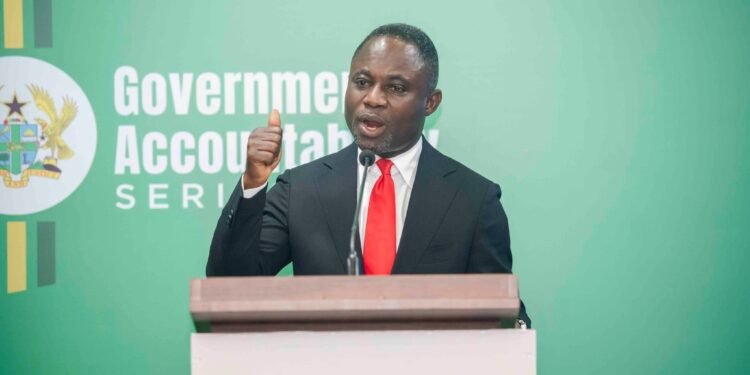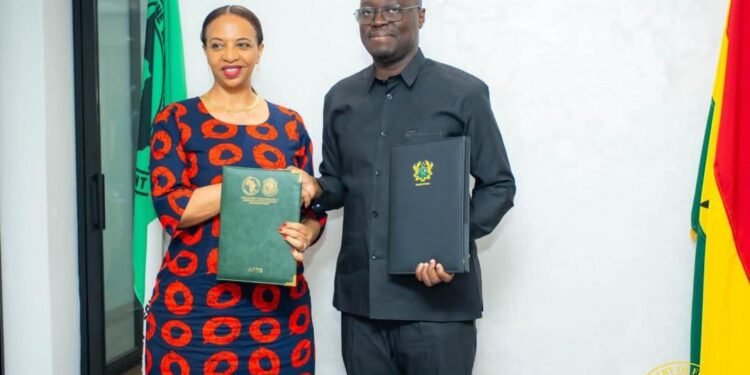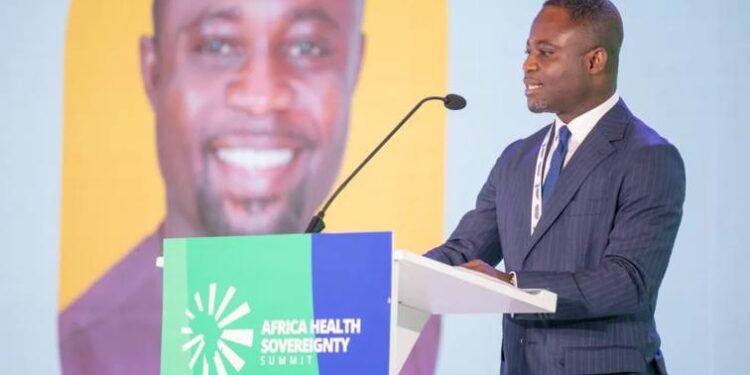The flagbearer of the National Democratic Congress (NDC), John Dramani Mahama, has made a forceful appeal for change in the nation’s leadership.
Addressing a large and impassioned crowd in Kasoa, Central Region, Mahama highlighted the deteriorating economic conditions that he attributes to the ruling New Patriotic Party (NPP) administration, led by President Nana Akufo-Addo and Vice President Dr. Mahamudu Bawumia.
He emphasized the consequences of what he described as “reckless borrowing and economic mismanagement,” asserting that it has worsened the plight of Ghanaians and deepened poverty across the nation.
Mahama illustrated his concerns with the tragic story of the late Dr. Michael Agyekum Addo, CEO of the Kama Group of Companies. Addo’s financial difficulties, reportedly worsened by the NPP’s debt exchange program, may have led to the loss of his life savings and, ultimately, his life.
“This is not just one man’s story; it reflects the daily realities many Ghanaians face under this administration. As a people, we cannot sit idle while our brothers and sisters suffer.”
John Dramani Mahama, flagbearer of the National Democratic Congress (NDC)
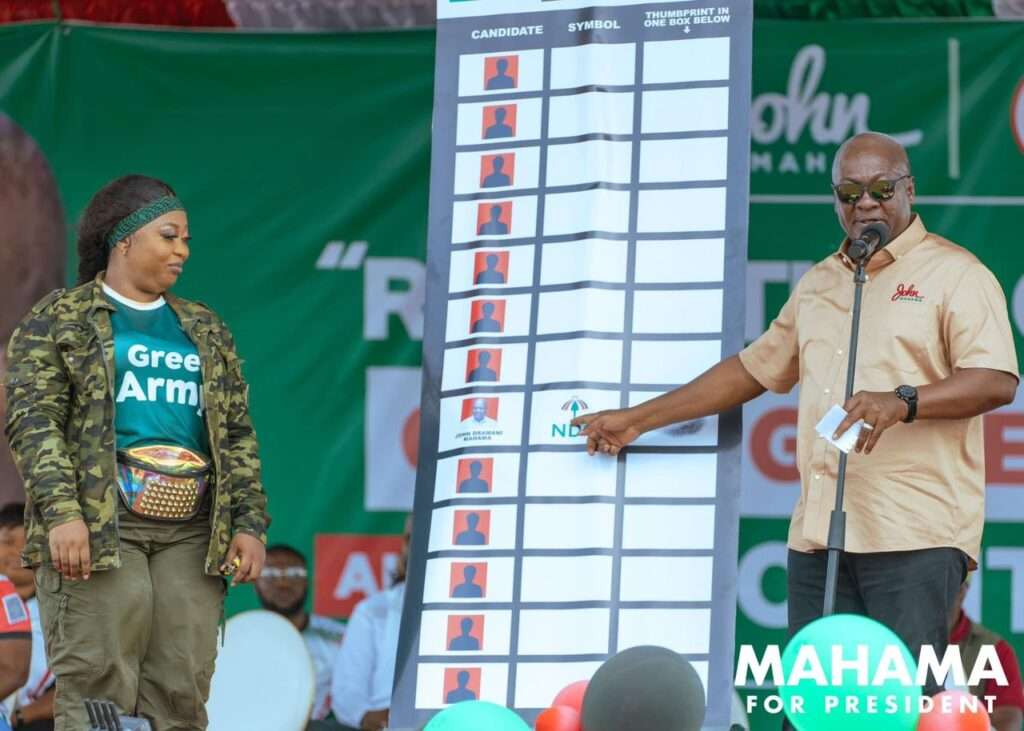
Dr. Agyekum Addo had been vocal about his struggles, highlighting how government policy directly impacted his company and personal finances. Mahama underscored that Addo’s experience reflects the harsh reality faced by countless Ghanaians under the current administration.
Mahama criticized the NPP’s handling of the economy, citing the government’s extensive borrowing practices and a lack of prudent financial management as primary contributors to Ghana’s financial crisis.
He argued that the government’s debt accumulation has resulted in a debt exchange program that has inflicted severe hardship on both businesses and individuals.
He highlighted Kasoa’s transformation as evidence of the NDC’s commitment to building a stronger Ghana. Mahama expressed his intention to build on this progress, should he be elected, by implementing policies focused on productive sectors to stimulate economic growth and improve the quality of life for Ghanaians.
“We built strong foundations from interchanges to schools and hospitals. Kasoa was transformed, and we saw genuine progress,” Mahama noted, contrasting his tenure with what he described as the present government’s neglect of infrastructure development.
Responding to Calls for Responsible Governance
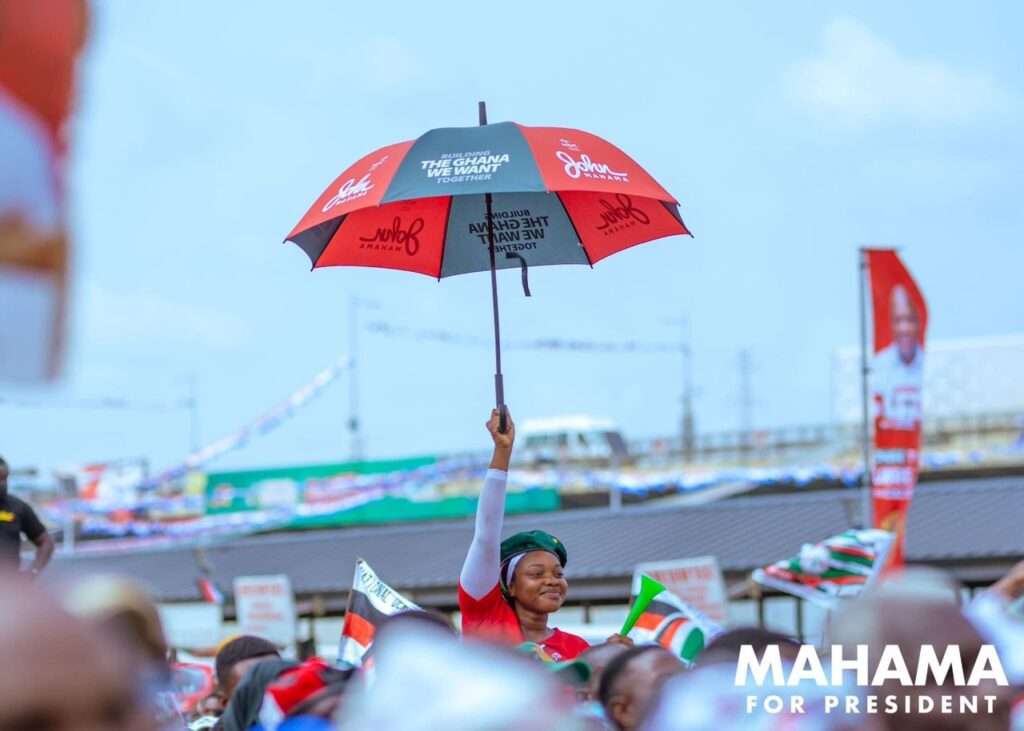
Throughout his campaign, Mahama has emphasized his belief that Ghanaians are increasingly calling for “urgent economic reform and responsible governance.” He has accused the Akufo-Addo administration of ignoring these calls, instead focusing on projects and policies that serve more symbolic than practical value.
Mahama argued that the government’s approach has failed to address the pressing issues affecting everyday citizens, such as high living costs and limited job opportunities.
“Our people need a government that listens and acts to relieve their suffering.
“The NDC is ready to reset our economy with policies that prioritize the well-being of our citizens over political showmanship.”
John Dramani Mahama, flagbearer of the National Democratic Congress (NDC)
While Akufo-Addo’s administration defends its record, citing regional development projects and infrastructural improvements as evidence of progress, Mahama insists that a fundamental shift is required to achieve sustainable growth and improved livelihoods for the nation’s people.
“The people are speaking, and they are calling for a change. We must rise to this challenge and work together for a better Ghana.”
John Dramani Mahama, flagbearer of the National Democratic Congress (NDC)
As the December elections draw near, Mahama’s call for a renewed focus on Ghana’s economy, coupled with his critiques of the Akufo-Addo administration’s policies, positions the NDC as a potential alternative to the current leadership.
His vision for a 24-hour economy and emphasis on agriculture and manufacturing are likely to remain central issues as Ghanaians prepare to cast their votes, signaling a pivotal moment in the country’s political landscape.
READ ALSO: Fitch Predicts Slower Growth for Ghana in 2025 Amid Post-Election Austerity Measures




